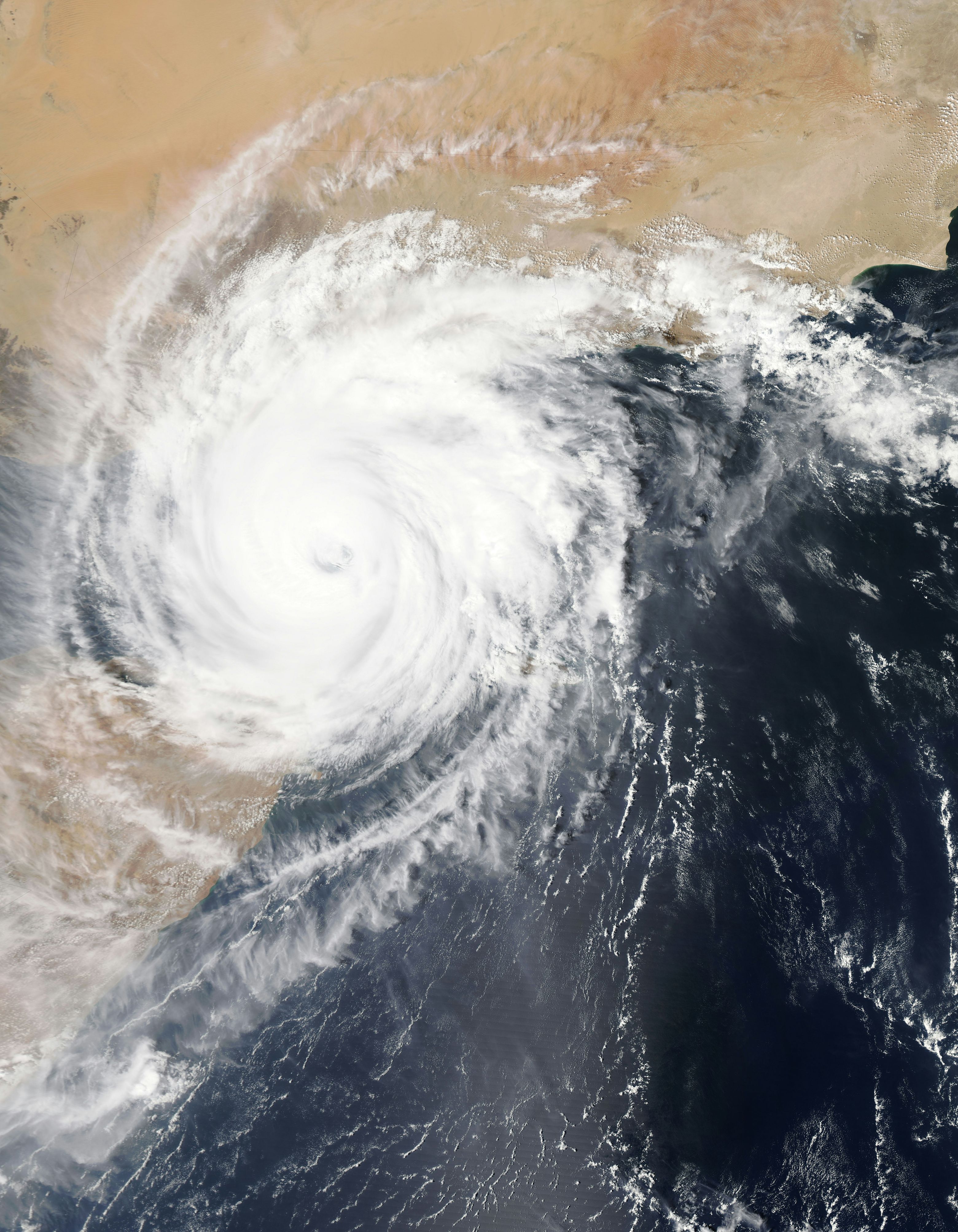Hi, Everyone!
I’m Amanda Magnani, a Brazilian (photo)journalist and OptOut News’ climate editor. Every other week, I bring you the most important climate news from our network—with an extra serving of decolonial perspectives. ✨🌿
So let’s get started!
🌿🌿🌿
Hurricane Idalia strikes Florida 🌿 CCS pipelines worry Louisianans 🌿 GOP weaponizes climate change
A week ago, hurricane Idalia struck Florida with all of its wrath. The storm arrived only a few months after Gov. Ron DeSantis rejected $350 million in federal funds to address climate change, The New Republic reports. But don’t worry, there’s still a chance to repair this incredibly stupid mistake. The state has until August 2024 to reapply for the money.
Idalia hit the rural Big Bend region, Florida’s most vulnerable coast–which was, unfortunately, completely unprepared having not faced a hurricane in more than a century. Grist reports that the region’s flat topography could allow a major storm like Idalia to reach as far as 20 miles inland.
Meanwhile, in Louisiana, things keep heating up. Louisiana Illuminator reports that 25 people have died of heat-related causes since the beginning of the summer. Making matters worse, huge carbon capture and sequestration (CCS) pipelines are to be built in the state, The Intercept reports. The technology, which is heavily criticized by climate activists and experts as a gateway to greenwashing, offers high risks of ruptures and leaks that can lead to mass asphyxiation.
If that isn’t distressing enough, there are signs climate change could soon become even more polarized. Instead of denying the crisis and dismissing scientific evidence, Republican Vivek Ramaswamy is trying to turn climate policies into another culture issue, The New Republic reports.
🌿🌿🌿
And More:
🛢️ “Looking for a US ‘climate haven’ away from heat and disaster risks? Good luck finding one," by Ohio Capital Journal.
🛢️ “Portland officials monitor wildfire near water source as large blazes rage elsewhere in state,” by Oregon Capital Chronicle.
🛢️ “A Tropical Storm in California? Warmer Waters and El Niño Made It Possible," by WhoWhatWhy.
🌿🌿🌿
Decolonizing Climate Change
🌱 “An Overlooked Risk of Extreme Heat in NYC and Nationwide: Maternal Health," by City Limits.
🌱 “Did DeSantis' Racial Climate Contribute to Jacksonville Tragedy? Urgent Discussion," by Tim Black TV.
🌱 “It may have just gotten harder to protect minority communities from pollution," by Missouri Independent.
🌱 “How Disabled People Are Left Behind in Climate Disasters," by The New Republic.
🌱 “Wildfires Are a Dire Threat to Incarcerated People Like Me," by The Nation.
🌿🌿🌿
To Lighten Your Heart
💚 “Water conservation model built on the Rio Grande may be a template for rest of US," by Source NM.
💚 “Mapping Trees In Urban Areas Can Help Fight Climate Change," by Next City.
💚 “Why My Small Park Matters, and So Does Yours," by Earth Island Journal.
💚 “‘Solar grazing’ is a way for farmers and solar companies to use land. But there are challenges," by Michigan Advance.
🌿🌿🌿
Around the World
Kenya: “How a UN-led fight against locusts took a toxic toll on Kenyan farmers," by Grist.
Nigeria: “Concerns over compressed natural gas-run buses in Nigeria," by Gas Outlook.
Australia: “Australia’s Big Vote to Honour Indigenous Voices," by The Tyee.
Italy: “Campaigners Sued an Oil Major For Climate Deception. Now the Company Is Preparing to Sue Them Back," by DeSmog.
🌿🌿🌿
Global South Corner
This week, I talked to Francisco Aquino, a Brazilian geographer and climatologist at the Polar and Climate Center of the Federal University of Rio Grande do Sul. He’s been studying changes to Antarctica and how it impacts South America and the rest of the world.
Aquino told me that Antarctica is the coldest, most isolated, most inhospitable, and windiest place in the world. Not just that, but it also contains 90% of all glaciers on our planet–meaning it has indeed a huge role to play on climate change. It's winter in Antarctica and sea ice levels have been reportedly at record lows--a troubling development.
“I look at the world from a Global South perspective," Aquino told me. “I try to understand how the largest icecap in the world interacts with atmospheric and oceanic circulation, especially as they are getting hotter every day.”
Aquino explained that changes in Antarctica ripple throughout the world. His contention is that what happens there impacts the Brazilian climatic system, which then impacts South America’s system at large, which, in turn, impacts the whole world.
And when talking about that, he drew attention to the importance of governance of Pampa, a biome that covers Uruguai, part of Argentina and the South of Brazil. “It feels like our countries forget about this biome," he said. “While countries get together to think about the future of the Amazon forest, there is no dialogue when it comes to the Pampa. And we must not forget that what happens in one biome directly impacts what happens in the others.”
🌿🌿🌿
Before you go:
As the Earth keeps breaking heat records, check out Grist’s guide to keeping cool and helping those close to you during the next heat emergency. Stay safe out there! 🌿💚
🌿🌿🌿
That’s all for now, folks! If you’re a climate journalist and want to keep the conversation going, join us in our Discord group. Over there, I will share new opportunities and resources every week, and you can let me know who—or what—you want to see next on the Global South Corner.
If you have any questions or suggestions, hit me up at amanda@optout.news.
Obrigada and have a great week!


